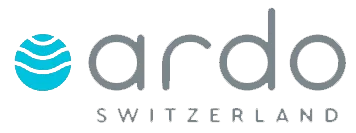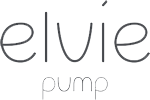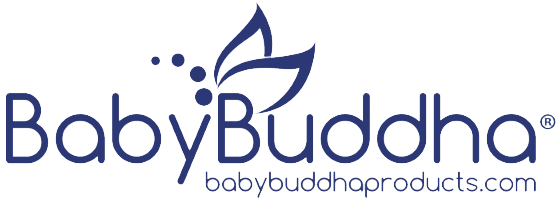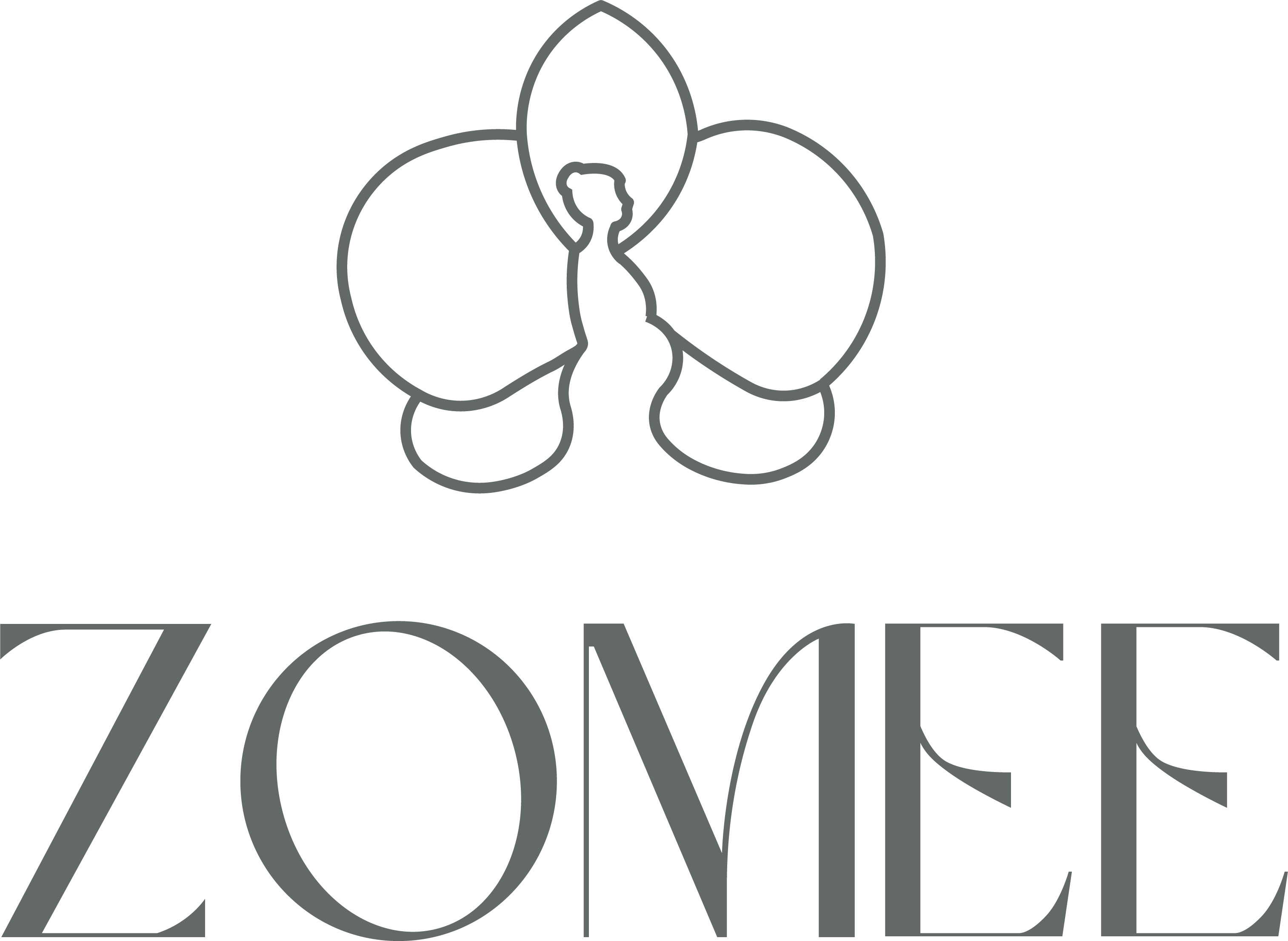Health Benefits of Breast Feeding
Breastfeeding Benefits and Tips to Produce More Breast Milk
Breastfeeding is such a wonderful way that keeps a stronger bond for both mom and baby. It is has a lots of benefits too. But despite of its benefits, some working mom chose not to breastfeed because of their busy work schedule. Nowadays, it’s a good thing that there are breast pumps readily available. Insurance Covered Breast Pumps offers a variety of trusted brands of breast pumps. They will make sure that your health insurance plan will cover your chosen breast pump without a single sent spent. Remember, it is best to provide your baby nutritious breast milk and below are the benefits that you and your baby will be getting.
First seen on (http://www.ameda.com/breastfeeding/benefits)
The health benefits of breastfeeding are due to the species-specific live cells, antibodies and hormones that are present in human breast milk but lacking in formula.
BREASTFEEDING BENEFITS FOR FULL TERM INFANTS
Full term infants who breastfeed are at reduced risk for:
- Lower respiratory tract infections
- Pneumonia
- Respiratory Syncytial Virus (RSV)
- Asthma
- Sudden Infant Death Syndrome (SIDS)
- Otitis media
- Colds, ear and throat infections
- Necrotizing Enterocolitis (NEC)
- GI tract infections
- Celiac disease
- Inflammatory bowel disease
- Atopic dermatitis, eczema
- Higher Body Mass Index (BMI)
- Type I and II Diabetes
- Leukemia: ALL, AML
BREASTFEEDING BENEFITS FOR MOTHERS
Mothers who lactate are less likely to develop:
- Breast or ovarian cancer
- Type 2 diabetes
- Postpartum depression
BREASTFEEDING BENEFITS FOR PRETERM INFANTS
Preterm infants who receive their mother’s breast milk receive numerous benefits as well:
- Immediate Breastfeeding Benefits include:
- Decreased rate of sepsis
- Decreased rates of Necrotizing Enterocolitis, NEC
- Fewer hospital re-admissions within one year of Neonatal Intensive Care Unit (NICU)
- discharge
- Improved clinical feeding tolerance and attainment of full enteral feeds
- Decreased severe retinopathy and prematurity
Long Term Breastfeeding Benefits include:
- Improved neurodevelopmental outcomes
- Decreased metabolic syndrome
- Decreased blood pressure
- Decreased low-density lipoprotein (LDL)
- Increased leptin and insulin metabolism
ECONOMIC BENEFITS OF BREASTFEEDING
In addition to important health benefits, breastfeeding provides significant economic benefits to both individual households and the healthcare system at large.
Total US
A detailed pediatric cost analysis based on a report prepared by the US Department of Health and Human Services Agency for Healthcare Research and Quality (AHRQ) concluded that if 90% of US mothers would comply with the recommendation to breastfeed for 6 months, there would be a savings of $13 billion per year.
Per Infant
Each baby that is breastfed for six months provides an estimated healthcare cost savings of
$3,172 per infant.
Pre-Term Infant
Preterm infants who receive breast milk for >50% of their feedings in the first 14 days of life have a six-fold decrease in developing necrotizing enterocolitis (NEC). This can decrease cost and length of stay, saving $74,000 per case and 12 additional days for medical NEC and $198,000 for 43 additional days per case of surgical NEC.
Breastfeeding your baby is a practical choice. You save money while your baby is getting the nutrients he needs, and for those mothers who are breastfeeding there are lot of ways to produce more nutritious milk. Here are the helpful tips you might want to consider.
First seen on (http://www.breastpumps.aeroflowinc.com/tips-produce-breast-milk/)
If you need to increase your milk supply, we have included some tips to produce more breast milk below.
- Nurse regularly. If you are frequently nursing, and therefore draining your breasts, this tells your body to keep producing more. Power pumping is a great way in to increase your supply. To power pump, pick one hour each day or night and use the following pumping pattern (from Pregnancy.com):
Pump for 20 minutes; rest 10 minutes
- Pump another 10 minutes; rest for 10 minutes
- Pump again for 10 minutes; finish
- Keep your stress level down. Find time to go for a light walk or take a relaxing bath. Believe it or not stress can have a negative effect on your supply.
- Try to stray from using bottles and pacifiers to avoid nipple confusion.
- Get your rest and make sure to maintain a healthy diet. It is even said that adding certain foods will help increase your breast milk supply. Those include special lactation cookies, oatmeal, garlic, and fennel to name just a few. Drinking a lot of water is also key!
- Consult a lactation consultant. Some insurance plans will actually cover the cost of breastfeeding support such as counseling with a trained lactation professional or breastfeeding classes.
- One very helpful tip to produce more breast milk is using a breast pump. Incorporating pumping sessions helps remove milk quicker.
Always, remember more breast milk means more happiness for your baby. Call Insurance Covered Breast Pumps to get help on how to obtain a breast pump covered by your health plan. In this way, you’ll be able to get the breast pump without spending money from your pocket.
Are you looking for breast pump providers who are covered by insurance?click here
[sgmb id=”1″]











